Māori Data Sovereignty is now more crucial than ever, with “Dr. Pratik Desai, a Silicon Valley computer scientist who has founded multiple Artificial Intelligence platforms, boldly predicts that a human being’s “consciousness could be uploaded onto digital devices by the end of the year [2023]”. For my regular readers, you will know I predicted this several years ago, that it would be a possibility.
Generative Artificial Intelligence while still in its infancy, is an example of how an AI can use data it is trained on, to make statements that appear to be from a human being. ChatGPT is perhaps the most commonly known GAI on the market, but it is not the only one and there are several other corporations investing in this area.
Already, if you had a personal generative AI and only trained it on data of a person, the AI could appear to make statements as if it was the person of the data. We have seen AI claim to have a personal name and even that it is sentient.
There are already reported scams of AI impersonating people’s voices based on as little as 30 seconds of audio. I predict that Māori media personalities and te ao Māori leaders will be targeted en masse to scam our own whānau, marae, hapū and Iwi.
Evolving Tikanga
Future breaches of tikanga will create new issues for whānau, hapū and Iwi and to Māori individuals over their own rangatiratanga of their physical body and thoughts after death.
Taking the data of a Māori individual creates a tikanga issue. The current tikanga with death is the whānau and hapū decide where a deceased person is buried, and in some cases that decision may be at odds with the partner or even children or siblings. It is a tikanga among many Iwi that the deceased body can be uplifted at no notice and taken to a different cemetery. Now with the ability to upload massive data sets from an individual we could have AI of a deceased person with very little control from the whānau, hapū or Iwi.
I would suggest that once generative AI becomes more popular and personal/custom options are available, we could see digital versions of ourselves that have been created by others without our permission. In today’s standards we see this with deep fakes, copying images for false advertising, phishing, copying of videos, taking images of moko, etc.
For example; research about public individuals will likely make it easy to create personalised AI about people. The famous Billy T James is one example. A Masters student is researching Billy James and analysing his comedy. That coupled with the large amounts of video and scripts of Billy T James in archives, online and in many New Zealand homes; I suspect Billy T James’s whānau could see their whānaunga as an AI in the near future.
For other individuals, Data is so widely spread in servers all over the world and with people uploading large amounts of photos, comments, blog posts, videos that it would not be too difficult and legally possible for someone to upload data about an individual without their permission into an AI. Social media conglomerates already own any data you add to their servers, so we could run a risk of a social media conglomerate using personal data for a GAI.
Marae tikanga
Some immediate thoughts I have are the tikanga of kawemate/kauamate and of our increasingly digitally connected to the Internet marae. Will our marae one day replace the photos on the walls with personalised generative AI that is synched with a robot, hologram or other physical object that may represent the deceased person?
Reliability of truth
Another risk would be if the AI is hacked or hallucinates and starts making inappropriate misleading statements about whakapapa or iwi history leading to the recipients of the information inadvertently learn false narratives, as we see to some extent from ethnographers books were information was sourced from unreliable sources. Future Waitangi Tribunal claims by Iwi about geographic boundaries will be a likely vulnerability.
Benefits
For preservation purposes, GAI could be beneficial for interactive archives of Māori leaders or for whānau/hapū/iwi records of people who are widely written and recorded. A personal AI with digitised data from manuscripts could be one way to access fragile paper files that have limited physical access or as a resource on the marae. Papers from past leaders who were prolific writers such as Pei Te Hurunui Jones, Sir Peter Buck, Sir Apirana Ngata could revel hidden knowledge and provide a useful learning tool for Māori today.
Co Design
AI Developers need to start to co govern, co design and co manage with Indigenous Peoples. In New Zealand, the government and industry leaders in AI developments need to recognise the WAI 2522 Waitangi Tribunal decision that Māori data with mātaruranga is a taonga – an Article II obligation which also includes Articles I and III, and the fact that as a country New Zealand have constitutional obligations with He Wahakaputanga, Te Tiriti o Waitangi and with our United nations obligations with the United Nations Declaration of Indigenous Rights of Indigenous Peoples 2007, affirmed by New Zealand in 2010 and more recently with the New Zealand Supreme Court Judgement that “tikanga Māori is the first common law of New Zealand” and work with Māori and Iwi.
Te Ao Māori Leaders
For Māori, our Te Ao Māori and Iwi leaders need to start the conversations about tikanga of generative AI with kaumātua who still remember life without the Internet and or without electricity, and discuss the implications of AI with traditional Tikanga and the implications for Māori in the same manner my kaumātua had the same conversations about radio and television.
It is now our opportunity to reflect on those previous new technologies and with much more learned knowledge, discuss how AI will impact our culture and tikanga. It is important to rememebr that it is our Te Ao Māori leaders and not Māori technicians and academics who will hold the answers, but only those who were raised in Te Ao Māori with knowledge and implications of previous government lead colonisaiton tools such as the Tohunga Suppression Act 1908, Native Schools Act 1867, Māori Development Act etc.
Conclusion
As individuals we should be much more aware of what data we are sharing on social media and in the ‘cloud’, what photo’s and video we share, read the ‘terms’ and consider what we share about our children online.
More consideration is needed about our voice, biometrics, images, genetic data being shared online. Our traditional knowledge/pūrākau has many stories and lessons about why we should be carful with who and what we share such information with. These ancient pūrākau should be used to teach whānau and tamariki about online safety. The risks are no longer science fiction, but a current technology that is accelerating at alarming rates of development.

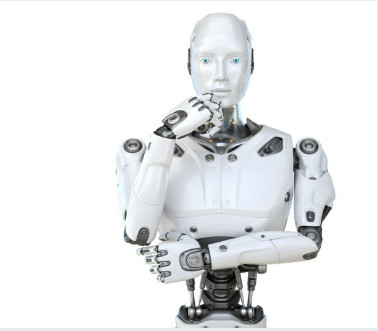
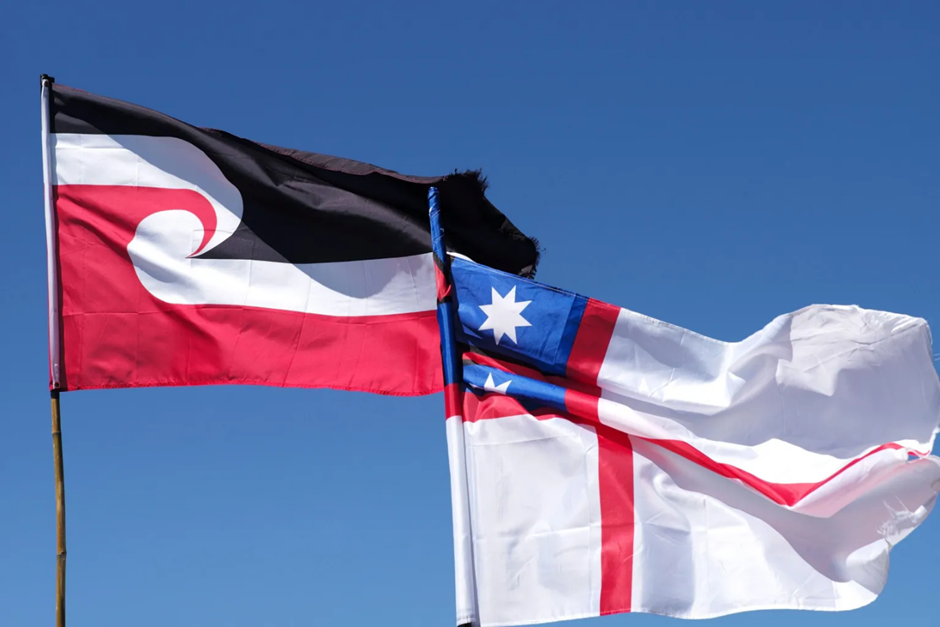
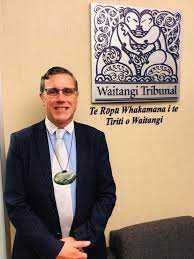
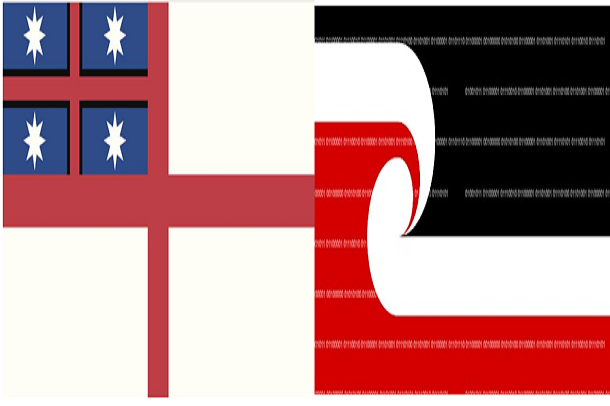
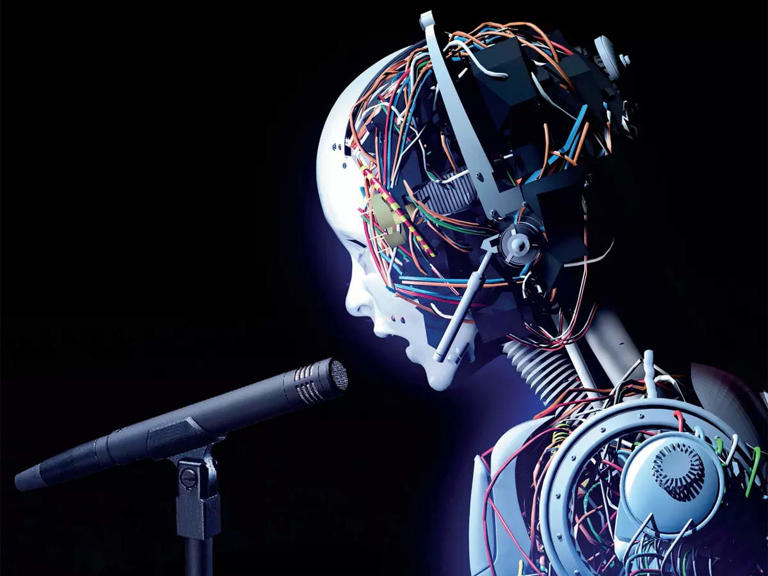
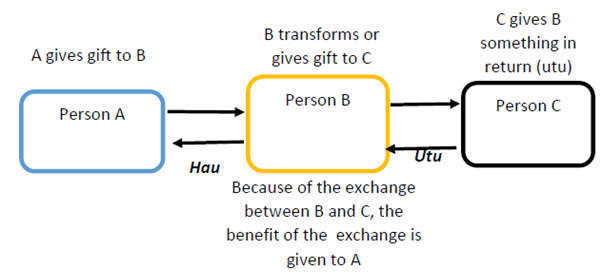
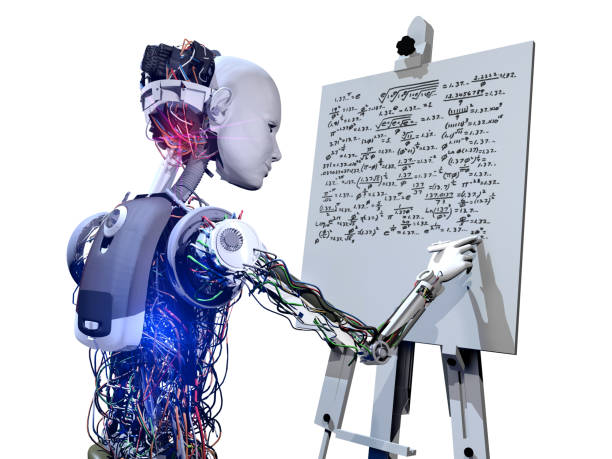
Leave a Reply
You must be logged in to post a comment.